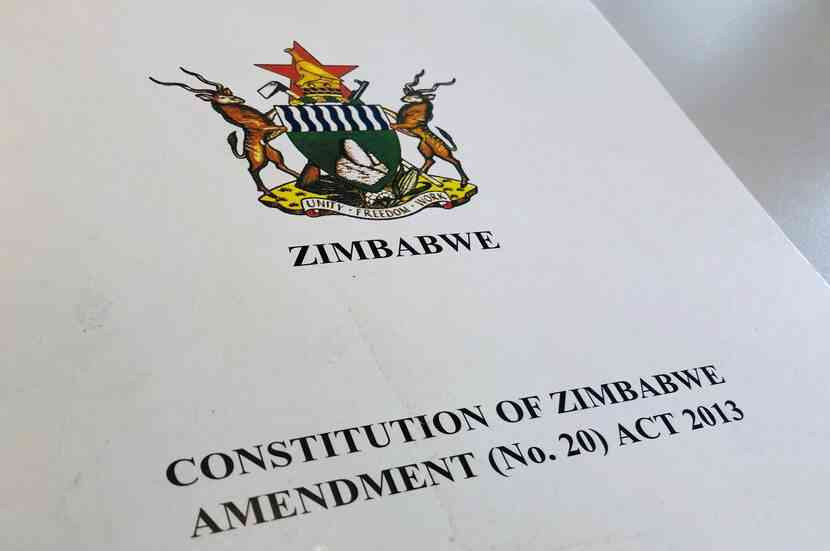
As the impacts of climate change intensify, effective climate adaptation is needed more than ever to safeguard livelihoods, ensure food security and protect at-risk populations.
Innovative partnerships that empower local solutions and build resilience from the ground up are increasingly essential.
One such partnership is between business schools and grassroots organisations implementing climate solutions in their communities.
Business schools serve as neutral environments that are rich in talent and ideas and provide safe spaces to test new concepts, pilot solutions and engage in open, constructive dialogues.
With sustained involvement from actors across the system, these academic spaces can evolve into trusted hubs for experimentation, learning and long-term relationship-building.
At the same time, grassroots organizations understand the needs, strengths and limitations of their communities as well as the specific climate risks they face.
Since they are often the first responders to climate impacts, they have on-the-ground knowledge and experience in dealing with unpredictability.
As a result, they are uniquely positioned to develop context-specific, innovative solutions in dynamic and ever-changing environments.
- WWF launches biodiversity project in Binga, Hwange
- Village Rhapsody: Shaping the future of climate adaptation through academic collaboration
- Chivi’s Gororo Irrigation Scheme leads in climate change adaptation drive
- Skills training changes fortunes of Binga folk
Keep Reading
Business schools can serve as neutral environments that are rich in talent and ideas.
They provide safe spaces to test new concepts, pilot solutions, and engage in open, constructive dialogues.
With sustained involvement from actors across the system, these academic spaces can evolve into trusted hubs for experimentation, learning, and long-term relationship-building.
By leveraging their resources, expertise, and networks, business schools can play a vital role in supporting climate adaptation efforts.
Grassroots organizations, on the other hand, possess a deep understanding of the needs, strengths, and limitations of their communities.
They have on-the-ground knowledge and experience in dealing with unpredictability, having often been the first responders to climate impacts.
This unique positioning enables them to develop context-specific, innovative solutions in dynamic and ever-changing environments.
By partnering with business schools, grassroots organizations can tap into the latter’s resources, expertise, and networks, amplifying their impact and reach.
The collaboration between business schools and grassroots organizations offers numerous benefits.
Firstly, it enables the co-creation of context-specific solutions that are tailored to the needs of local communities.
Secondly, it fosters a culture of experimentation, learning, and innovation, allowing for the testing and refinement of new ideas.
Thirdly, it builds trust and long-term relationships between stakeholders, facilitating sustained support and resources for climate adaptation efforts.
While the potential benefits of this collaboration are significant, there are also challenges to be addressed.
One key challenge is ensuring that the partnership is equitable and mutually beneficial.
Business schools must be willing to listen to and learn from grassroots organisations, recognising the value of their local knowledge and expertise.
Conversely, grassroots organisations must be open to new ideas and approaches, embracing the potential for innovation and growth.
By leveraging their respective strengths and expertise, these stakeholders can co-create innovative solutions that build resilience and support vulnerable populations.
As the impacts of climate change continue to intensify, it is essential that we prioritise effective adaptation strategies that empower local communities and promote sustainable development.
Through sustained collaboration and mutual learning, we can build a more resilient and climate-adapted future for all.











